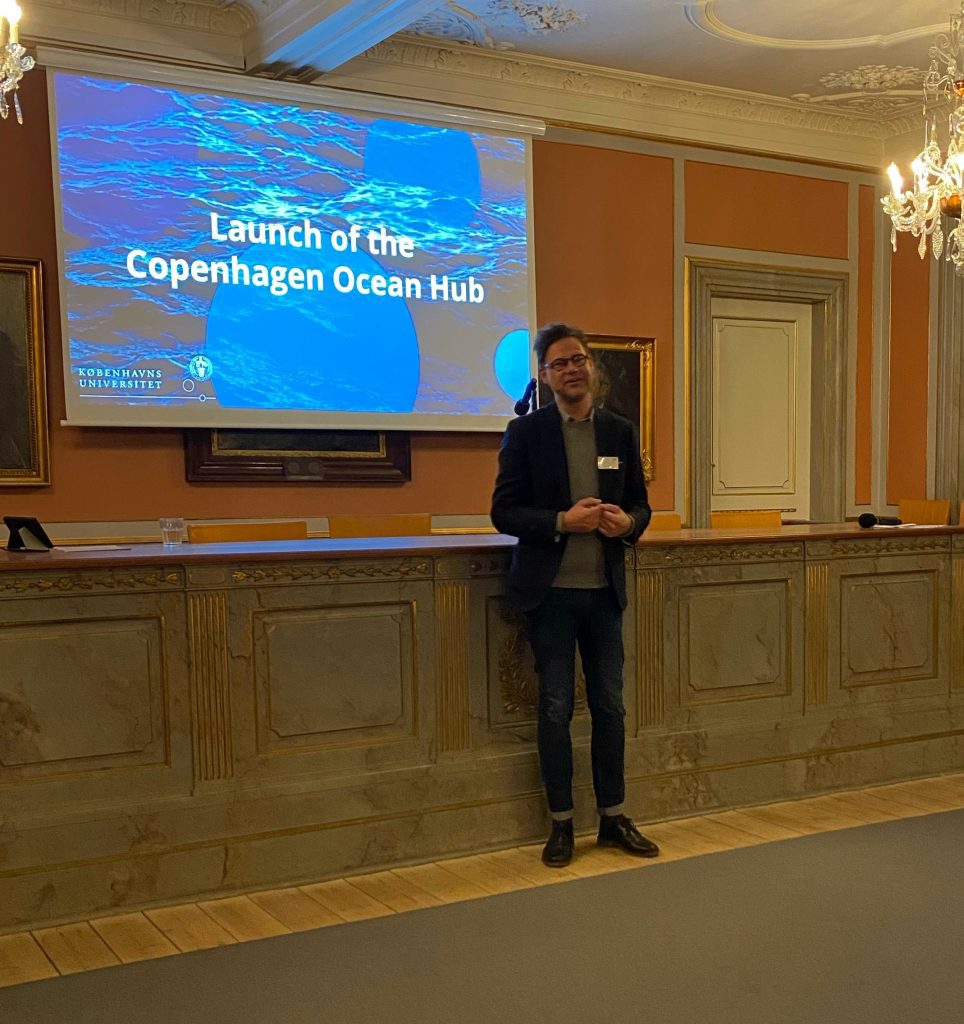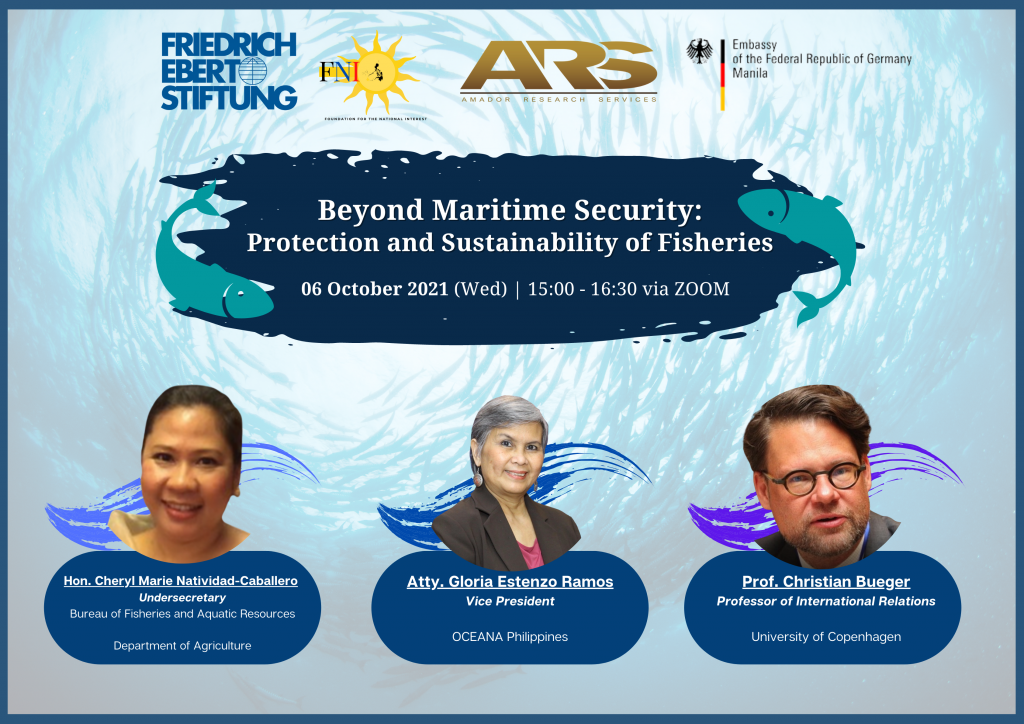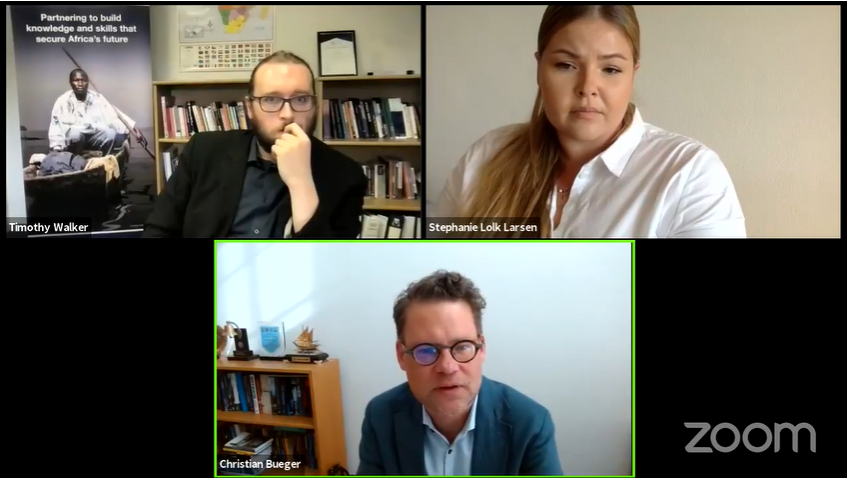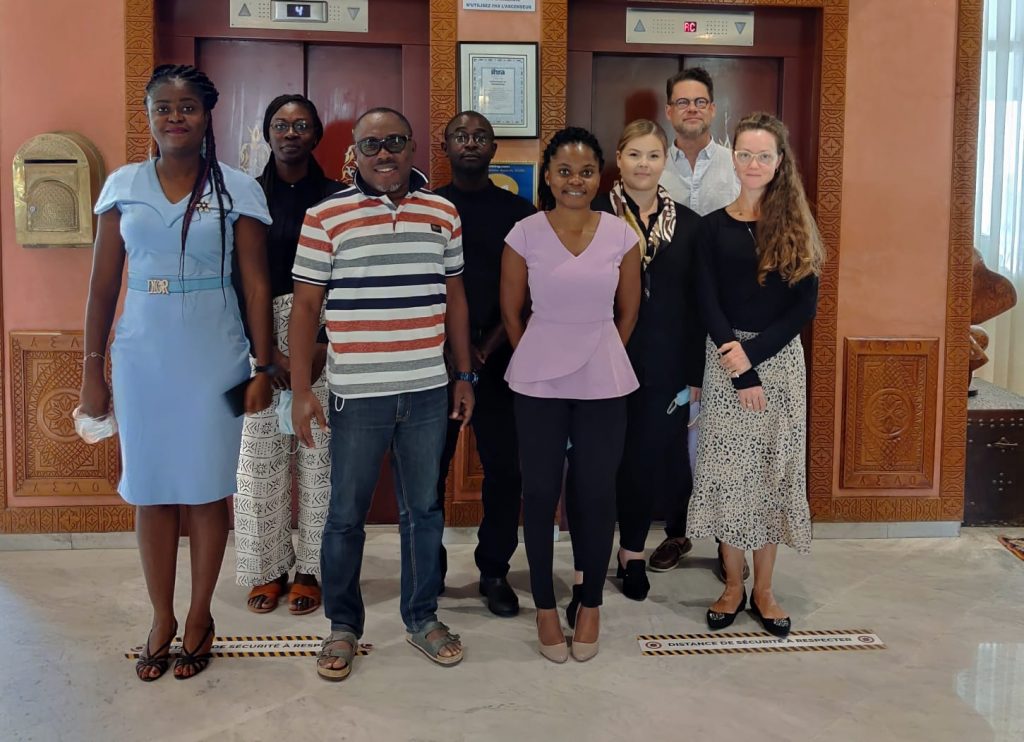What are the political and strategic implications of the new world political region, the Indo-Pacific? This continues to be a question that puzzles many think tanks and strategy makers. More and more states and regional organizations develop genuine strategies for this region, and debate if and how they have a role in the region. Since the Indo-Pacific is in the first instance an aquatic region, such debates often directly point to maritime security.
Maritime security, as we have come to conceptualize it, is comprised of three dimensions: 1) Inter-state relations and conflicts emerging from disputes over territorial claims, borders and resources and grey zone activities that can be harmful to international connectivity or the marine environment; 2) extremist violence at sea, comprised of terrorist organizations using or directly targeting maritime activity, or spillover from such activities into the sea; 3) transnational organized crime, or ‘blue crime’ including marine piracy, the smuggling of narcotics and other illicit goods, irregular migration, or illegal fishing and deliberate pollution. In many ways, it is the latter category that forms the conceptual heart of maritime security and it’s relate field of study, not the least since such threats are often transnational and emerging.
In the Indo-Pacific debate, often the opposite is the case. The new regional lenses often imply a focus on great powers and their relations. It is the inter-state dimension that gains most of the attention. Too quickly the discourse turns to what happens in the capitals of Washington, Beijing, London and Paris. The challenges that matter the most to smaller states, such as islands, the livelihood of coastal populations, or to the maritime industry quickly fade into the background: blue crimes, piracy, illegal fishing, climate change mitigation. Such issues are not only important because they directly affect the lives and human security of billions of people. They are also issues that can only be addressed through international cooperation. They are also issues that cannot be addressed by military means in the first place.
Re-centering the understanding of maritime security in the Indo-Pacific in such challenges, is an important reminder that our futures are not by necessity determined by great power rivalry. An action space of cooperation and shared global problem solving persists; an alternative future is possible. Navies will have an important part in that future, but solving the emerging challenges in the Indo-Pacific order implies to think beyond great powers and the military instrument.
These are some reflections that came out of my participation in an event on October 26th organized by the European Council on Foreign Relations Indo-Pacific Strategy Group, titled Comprehensive Maritime Security in the Indo-Pacific.



